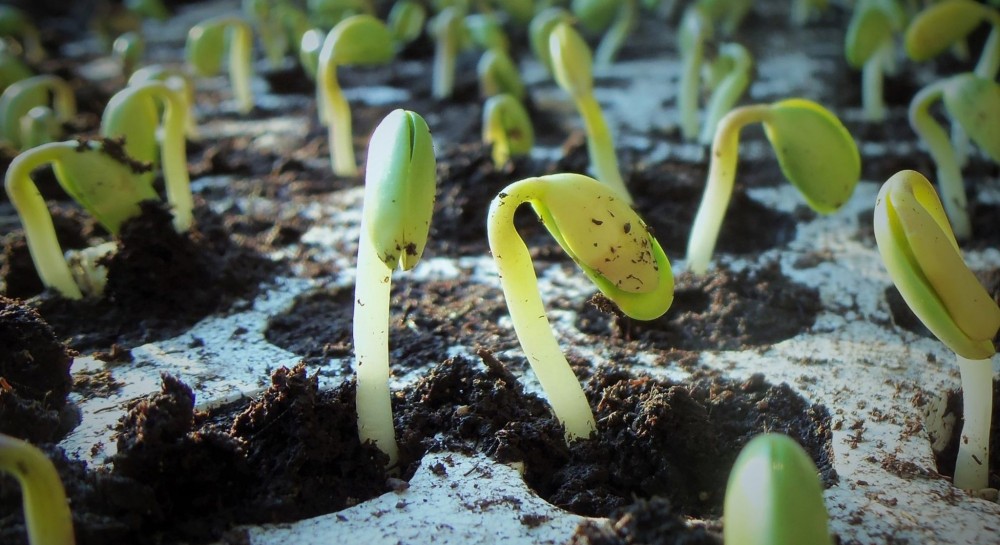WorldSoils and soil action against climate change

On 30 June the WorldSoils project held a User Requirements Consolidation Workshop in online format, bringing together stakeholders from EU government bodies, regulators, academia and industry with a stake in soils monitoring.
The remit of the ESA-funded WorldSoils project is to develop a pre-operational global Earth Observation-Soil Monitoring System based on monitoring top soil organic carbon (SOC), tapping into space-borne EO data, the major soil databases and modeling techniques to enhance spatial resolution and precision of SOC mapping. This system will provide yearly, worldwide SOC estimates to help major players make the right, best-informed decisions.
GMV is priming the WorldSoils consortium, comprising ISRIC - World Soil Information, DLR (German Aerospace Center), GFZ (German Research Center for Geosciences), UCL (Catholic University of Louvain), CZU (Czech University of Life Sciences), AUTh (Aristotle University of Thessaloniki) as partners and Tel Aviv University (TAU).
The workshop addressed various crucial areas such as Europe's regulatory framework in this field, UN soil management guidelines, the result of feasibility studies for implementing the target system and the baseline-defining requirement specification procedure. The workshop also ran its eye over the consortium's roster of user requirements and held an open debate to pinpoint new requirements or fine-tune existing ones.
Workshop participants included members of the project's steering committee (members of ESA, the European Commission's EC-DEFIS and EC-JRC), the European Environment Agency (EEA), UN-FAO, stakeholders plus interventions for consortium members.
Satellite Data for Soil Monotiring
The soil organic carbon content helps to retain and renew nutrients, bind the soil together, retain and distribute humidity, break down contaminants and sequester carbon. SOC is a soil health indicator and is crucial for its contributions to food production, climate-change mitigation and adaptation and the fulfillment of Sustainable Development Goals.
Recent satellite sensor developments have awakened interest in earth observation to monitor soil properties. The sensors' spectral and spatial resolutions are being steadily improved together with data analysis capacity. Availability and quality of satellite-based remote sensing data (such as the systems of the Copernicus Sentinel program) have brought about a paradigm shift, making remote sensing of soil feasible and consistent on a regional to worldwide scale.
In this overall endeavor projects like WorldSoils are playing a key role in ensuring the sustainability and biodiversity of our planet and helping coalface environment-based sectors like forestry, farming and tourism, among others.